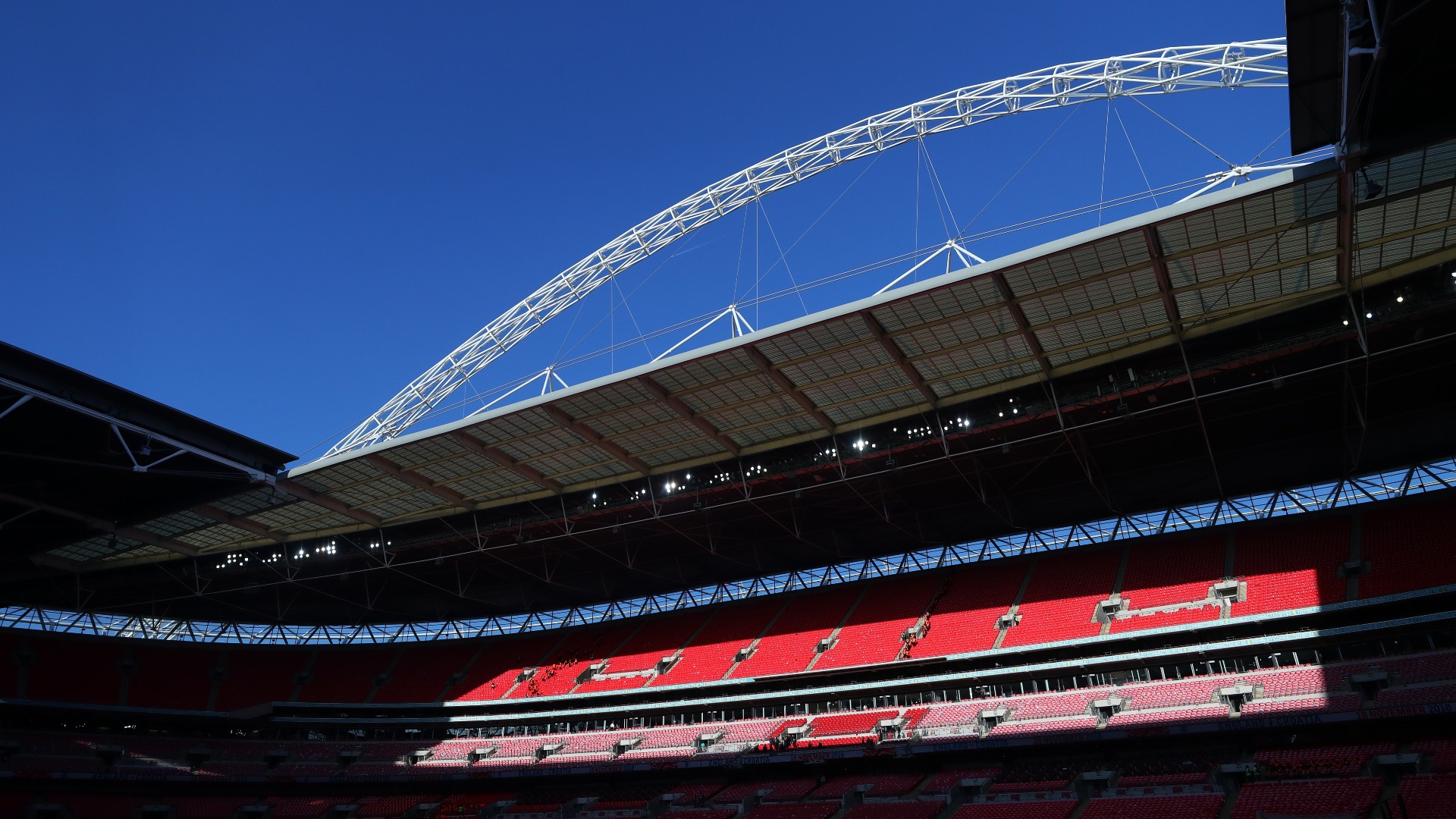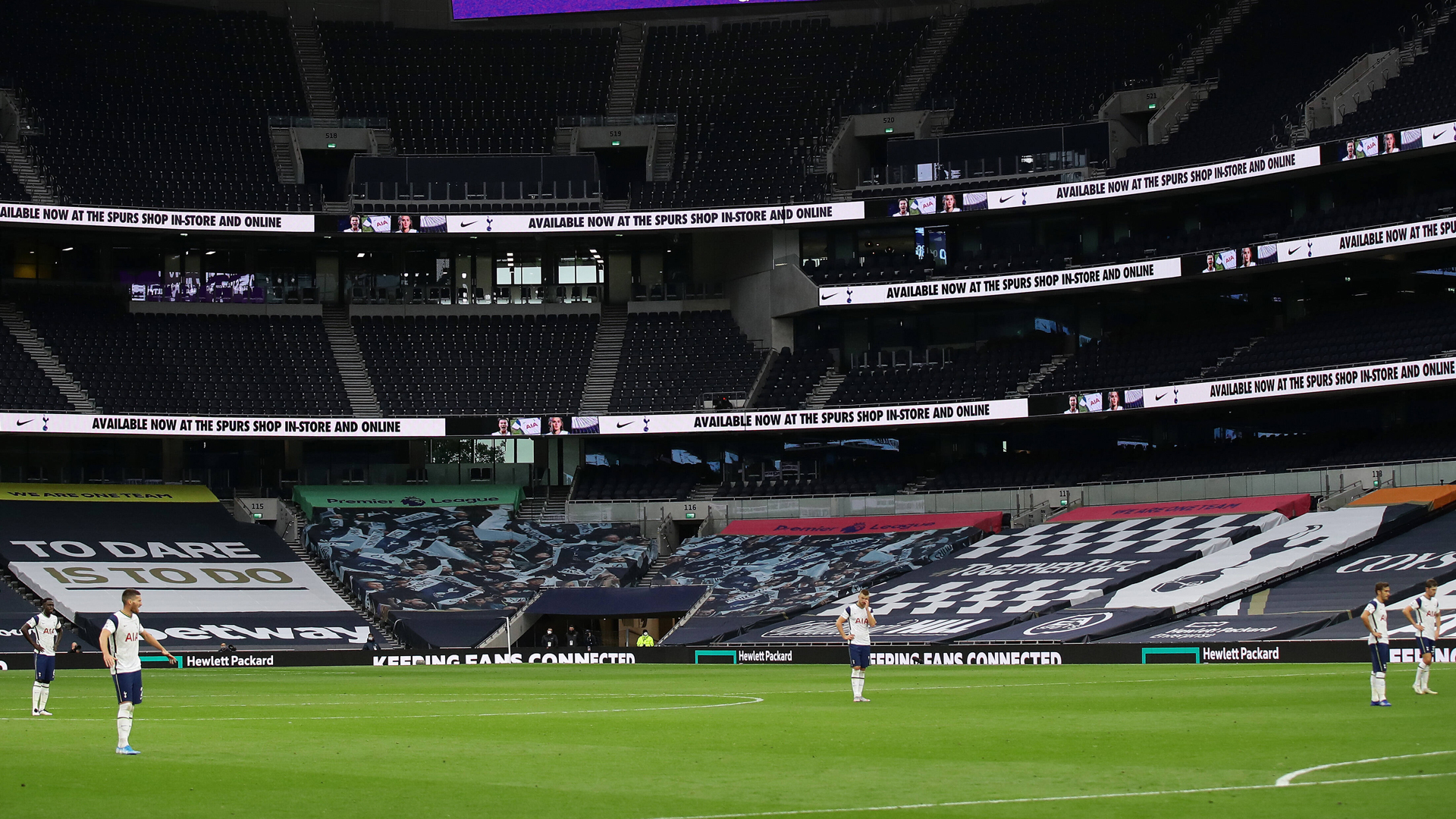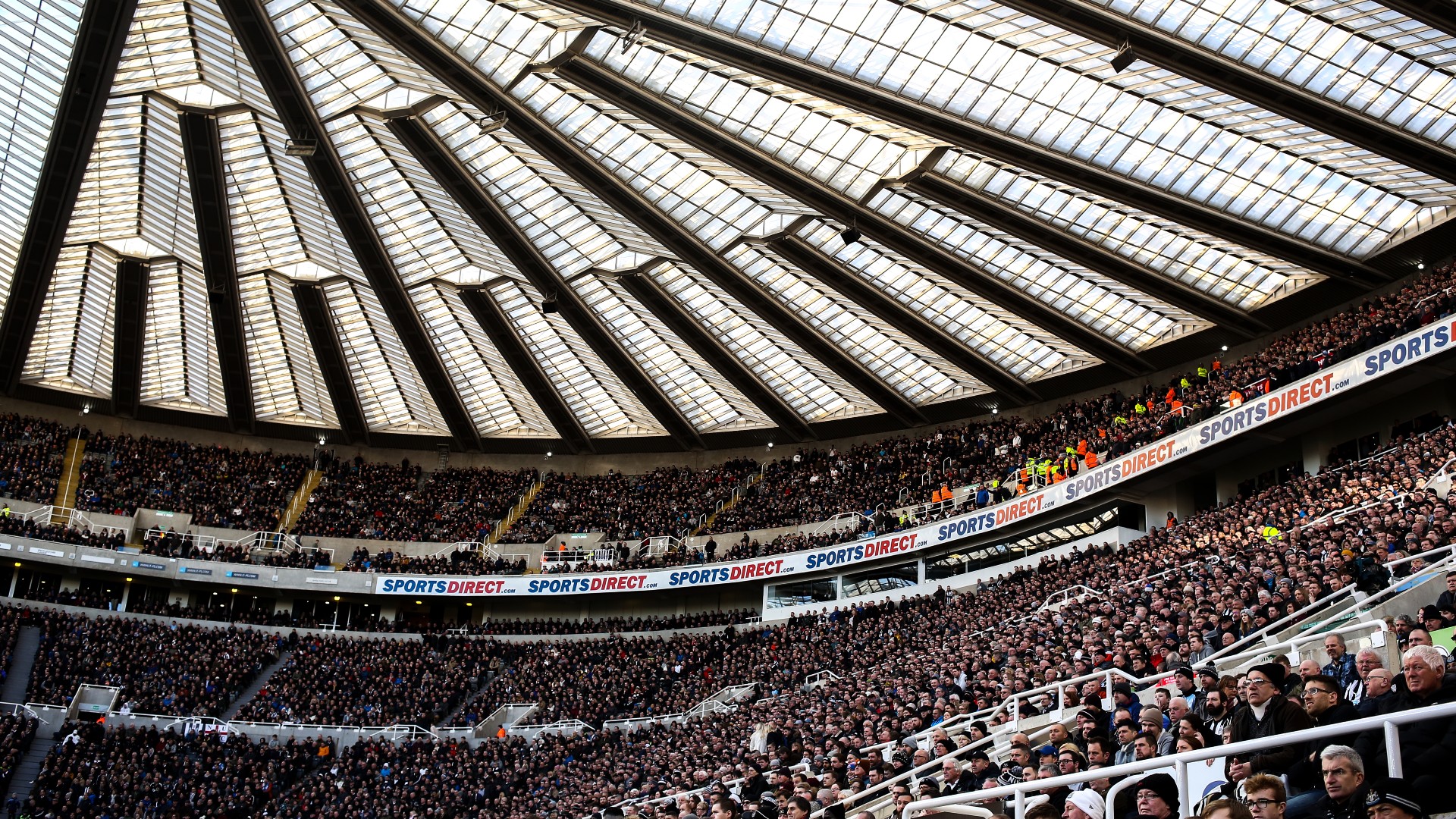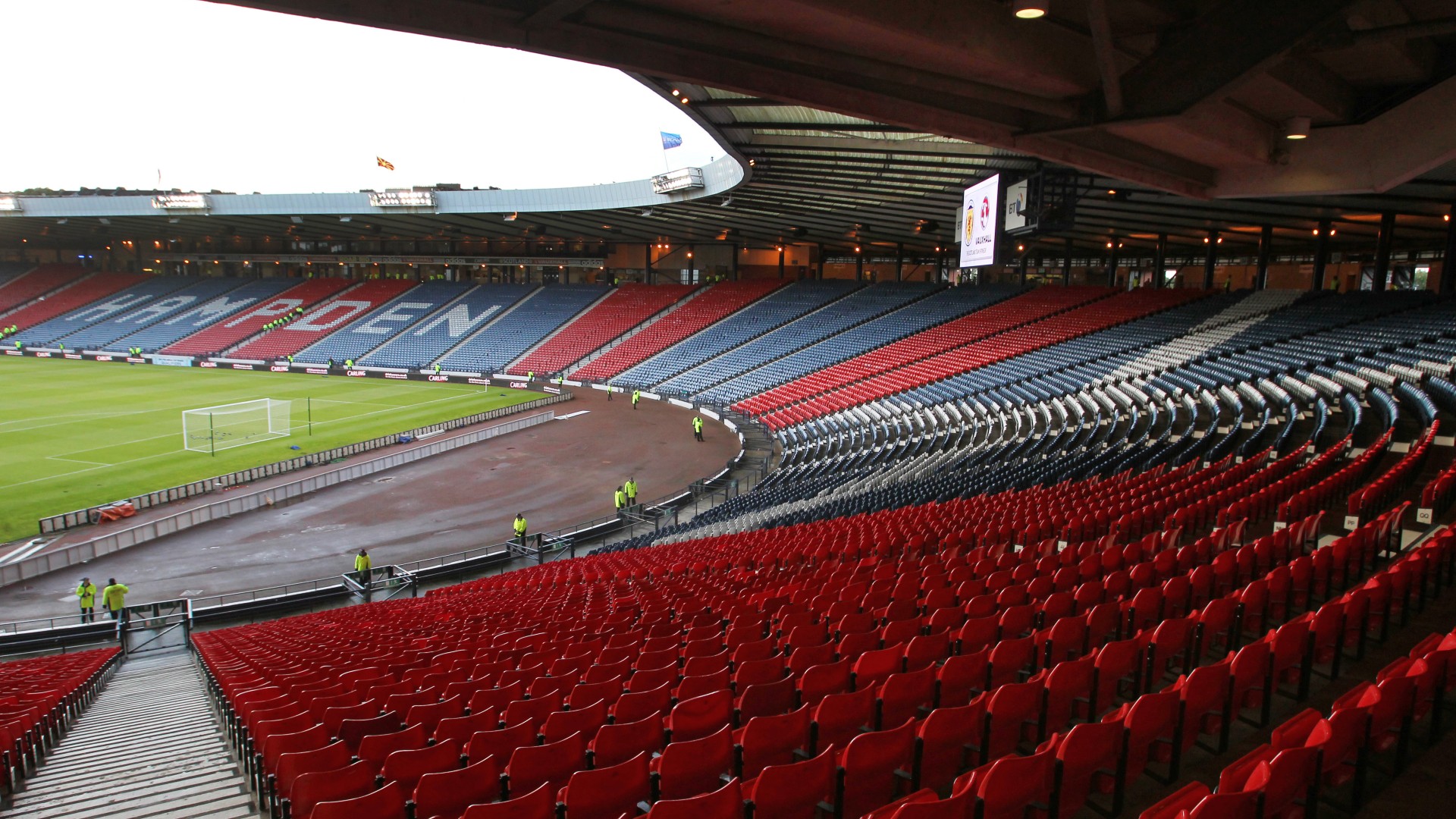Euro 2024 is less than a year away, but it's not to early to look ahead to the next edition of the continental championship.
The United Kingdom and Ireland were confirmed on Tuesday as hosts of Euro 2028, with 10 venues in nine cities between the five member nations (England, Scotland, Wales, Northern Ireland and Repulic of Ireland).
Also confirmed were the 10 stadiums that will host matches during the tournament. Here they are:
England
Wembley Stadium - London
 (Getty Images)
(Getty Images)
England's national stadium and the largest venue from all the host nations, there was no chance Wembley wasn't going to be a part of the tournament.
Wembley hosted the final of both Euro 2020 and Women's Euro 2022, and it's very likely the London landmark will host the 2028 final as well.
Tottenham Hotspur Stadium - London
 imago images / Sportimage
imago images / Sportimage
The newest football venue in London, Tottenham Hotspur Stadium features the steepest stands allowed under British regulations and is also London's home of the NFL.
The state-of-the-art facility opened in 2019 and is the third largest football stadium in England.
Etihad Stadium - Manchester
 (C)Getty Images
(C)Getty Images
Manchester City's home ground currently holds over 53,000 for football matches, but a planned expansion will see the stadium increase its capacity to over 61,000 by 2026.
Originally built as a track and field stadium to host the 2002 Commonwealth Games, the Etihad has undergone several renovations to grow alongside its ambitious primary tenants.
Everton Stadium - Liverpool
The under-construction Everton Stadium is set to replace the venerable Goodison Park in 2024 and will hold 52,888 seats.
When completed, Everton Stadium will reportedly have a 13,000-seat stand inspired by Borussia Dortmund's "Yellow Wall" at Signal-Iduna Park.
St. James' Park - Newcastle
 (Getty Images)
(Getty Images)
The oldest stadium of the 10 selected to host Euro 2028, St. James' Park is home to Newcastle United.
Besides football, the legendary venue has hosted rugby league and rugby union matches, both at the club and international levels.
Villa Park - Birmingham
 Getty Images
Getty Images
Like St. James' Park, Villa Park has been around since the 19th century and has undergone many upgrades during its long lifespan.
Aston Villa are planning to increase the stadium's capacity from 42,657 to over 52,000 in time for Euro 2028.
Wales
Principality Stadium - Cardiff
 (Getty Images)
(Getty Images)
The 73,952 seat venue in Cardiff is the largest in Wales.
As such, it's hosted matches in three rugby World Cups, as well as the 2006 FA Cup final, WWE's Clash at the Castle and several boxing matches.
Scotland
Hampden Park - Glasgow
 (Getty Images)
(Getty Images)
Scotland's national stadium, Hampden Park is another venue that can count itself on the century-plus list.
The Glasgow facility is actually the third of its name, and will have a capacity of 52,032 at Euro 2028.
Northern Ireland
Casement Park - Belfast
Set to be the smallest of the 10 venues at Euro 2028, Casement Park will be an entirely new structure from the one that closed in 2021.
With 34,500 seats planned for the new ground, the Belfast venue will once again become the largest stadium in Northern Ireland when completed.
Republic of Ireland
Aviva Stadium - Dublin
 (Getty Images)
(Getty Images)
Dublin's Aviva Stadium is the home to both the Irish Rugby Football Union and the Football Association of Ireland, meaning it is no stranger to hosting big matches.
Opened in 2010, the 51,711-seat venue hosted the Europa League final in 2011.
